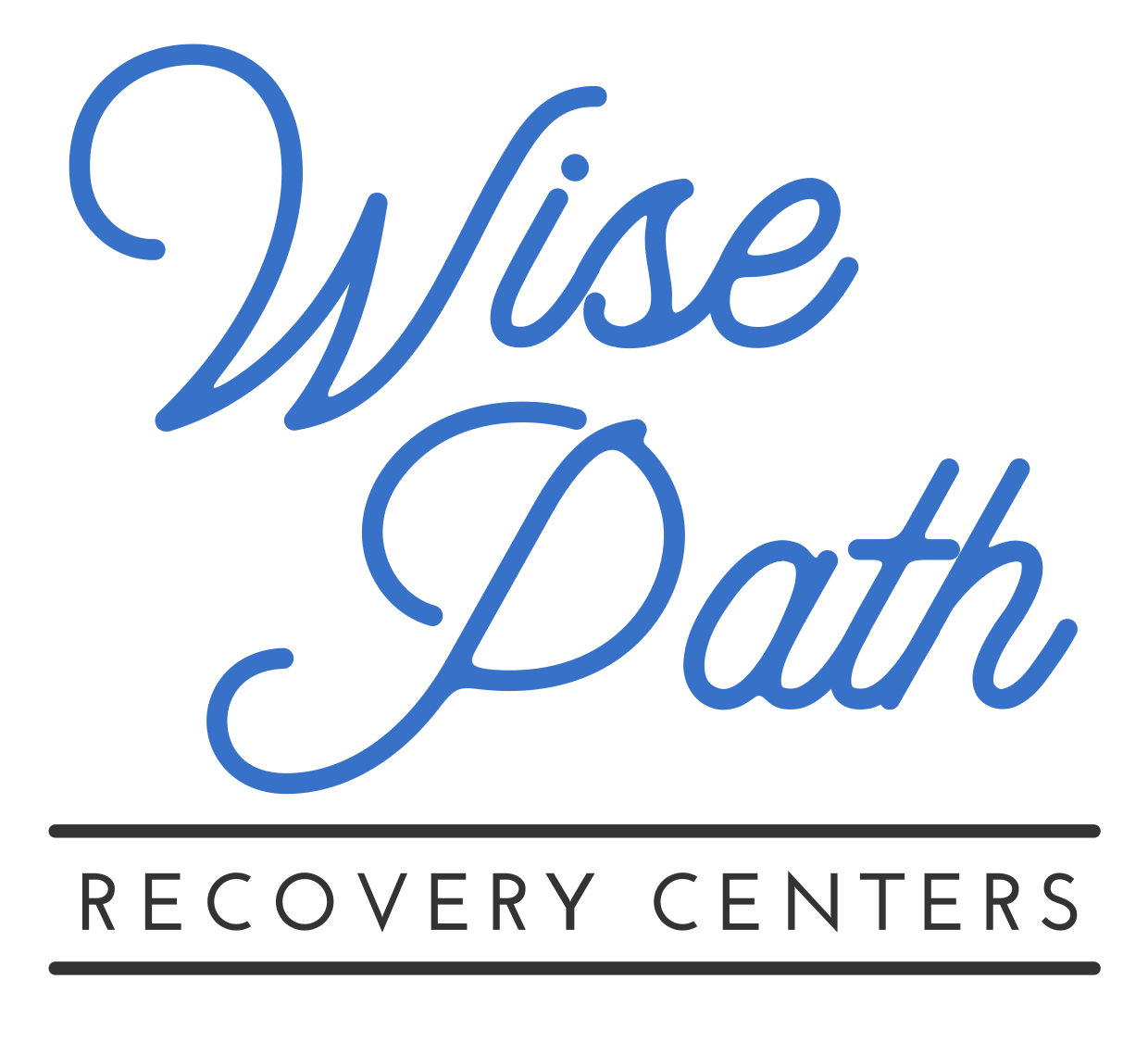Wise Path Recovery Centers ™
PTSD TREATMENT IN WEST VIRGINIA
What Is PTSD?
PTSD, or Post-Traumatic Stress Disorder, is a mental health condition that can develop in individuals who have experienced or witnessed a traumatic event. PTSD affects a significant number of people in the United States. The U.S. Department of Veterans Affairs (VA) estimates that about 5 out of every 100 people—or 5% of the U.S. population—have PTSD in any given year. Women are more likely to develop PTSD than men.
PTSD can develop after experiencing or witnessing a traumatic event, such as physical or sexual assault, natural disasters, accidents, military combat, or the sudden death of a loved one. The COVID-19 pandemic has also had a significant impact on mental health, with more than 13 million Americans developing post-traumatic stress in 2020 alone, according to the VA. While these events are commonly associated with PTSD, it’s important to note that any event that is perceived as traumatic can potentially lead to the development of the disorder.
Some common types of depressive disorders include:
Flashbacks
Nightmares
Avoidance of certain triggers or stimuli
Mood Changes
At Wise Path Recovery Centers™, we recognize the importance of addressing both substance use disorders and co-occurring mental health conditions, including PTSD. Our philosophy is to offer each client an individualized treatment plan tailored to their unique requirements, utilizing evidence-based therapies for addiction and PTSD.

Benefits of Treatment for PTSD
Seeking out our PTSD treatment in West Virginia can significantly improve your quality of life by reducing symptoms like flashbacks, anxiety, and depression. Professional care helps individuals develop healthy coping mechanisms, rebuild relationships, and regain a sense of control. Treatment can also address co-occurring issues, such as addiction or chronic stress, leading to better overall mental and physical health. With the right support, individuals can heal from past trauma, improve emotional well-being, and build a more stable, fulfilling future.
What Is the Connection Between PTSD & SUD?
Substance use disorders and PTSD are often co-occurring conditions, meaning that they can develop together and exacerbate each other’s symptoms. People with PTSD may use drugs or alcohol to cope with the distressing symptoms of the disorder, such as intrusive memories, nightmares, or hypervigilance. Substance use can temporarily relieve these symptoms but can lead to addiction and other negative consequences.
Similarly, individuals with SUD may experience trauma as a result of their substance use, such as physical or sexual assault or accidents. Trauma can lead to the development of PTSD, and the symptoms of both conditions can interact with each other, making recovery more challenging.
The combination of PTSD and SUD requires integrated treatment that addresses both conditions simultaneously. Effective treatment for co-occurring PTSD and SUD typically includes evidence-based therapies such as cognitive-behavioral therapy, medicationmanagement , and trauma-focused therapy.
To attain sustainable recovery and improve overall well-being, seeking professional help is crucial. The compassionate clinicians at Wise Path Recovery Centers™ specialize in treating individuals with co-occurring PTSD and SUD. Through their personalized and comprehensive care, clients receive the support they need to achieve long-term recovery and improve their well-being.

How Do We Treat PTSD?
Wise Path Recovery Centers™ recognizes that PTSD is a complex mental health condition requiring a specialized treatment approach. Our team of experienced professionals is dedicated to providing compassionate care that addresses both the symptoms of PTSD and any co-occurring substance use disorders.
We take a holistic approach to treatment that incorporates evidence-based therapies and practices tailored to the individual needs of each client. We offer a range of therapeutic modalities, including cognitive-behavioral therapy (CBT), mindfulness-based therapies, and trauma-focused therapy.
Our team of clinicians and medical professionals works together to create an individualized treatment plan for each client. This plan may include medication management and individual, group, and family therapy sessions.
Our focus on personalized care and evidence-based practices has led to positive outcomes for our clients. Through our comprehensive approach to treatment, we help our clients develop the skills and coping strategies they need to manage their symptoms and achieve sustainable recovery.
If you or a loved one is struggling with PTSD and substance use, Wise Path Recovery Centers™ can help. Our team is here to provide the support and care you need to find your path to healing and wellness.
View Our Locations
We currently offer inpatient treatment programs in Morgantown, WV, as well as outpatient programs in Charleston and Morgantown, WV. We also have sober living homes in Columbus, IN. Give us a call at 866-860-9772 to get pre-screened and assessed for the treatment program that will best meet your needs.
We Accept Most Major Insurance Carriers
Once you’ve submitted the verification form, feel free to contact us if you have any questions about insurance or payment options for PTSD treatment in West Virginia. Our team is here to assist you and ensure you have the information you need for a smooth admissions process.









FAQs About PTSD
What is it like living with PTSD?
Living with PTSD can feel overwhelming, with persistent anxiety, flashbacks, and emotional distress. Daily activities and relationships may be affected by heightened fear and avoidance behaviors.
Can you overcome PTSD?
While PTSD may not always completely go away, effective treatments like therapy and medication can help manage symptoms and improve quality of life. Many people recover with the right support and coping strategies.
What is a person with PTSD like?
A person with PTSD may experience intense emotions, mood swings, and difficulty trusting others. They might also avoid certain places or situations that remind them of their trauma.
What is the best treatment for PTSD?
The best treatment varies by individual but often includes trauma-focused therapy, such as EMDR or CBT, and sometimes medication. At Wise Path Recovery Centers ™, our PTSD treatment in West Virginia takes a comprehensive approach tailored to each person’s needs, and we specialize in treating PTSD alongside substance use disorders.
How do you calm PTSD symptoms?
Deep breathing, grounding techniques, and mindfulness can help manage PTSD symptoms in the moment. Long-term strategies include therapy, medication, and building a strong support system.
What happens when PTSD is triggered?
A PTSD trigger can cause flashbacks, intense fear, or emotional distress, making a person feel as if they are reliving their trauma. Physical symptoms like sweating, rapid heartbeat, or panic attacks may also occur.
How do you help someone with PTSD?
Listen with empathy, offer reassurance, and encourage them to seek professional help. Avoid pressuring them to talk about their trauma if they are not ready.
Can PTSD cause physical symptoms?
Yes, PTSD can lead to headaches, digestive issues, fatigue, and chronic pain due to prolonged stress. It can also increase the risk of heart disease and other health conditions.
Is PTSD only caused by military combat?
No, PTSD can result from any traumatic event, including abuse, accidents, natural disasters, or violent experiences. It affects people from all backgrounds and life experiences.
How long does PTSD last?
PTSD duration varies; some recover in months, while others experience symptoms for years. Early treatment and support can significantly improve recovery outcomes.
